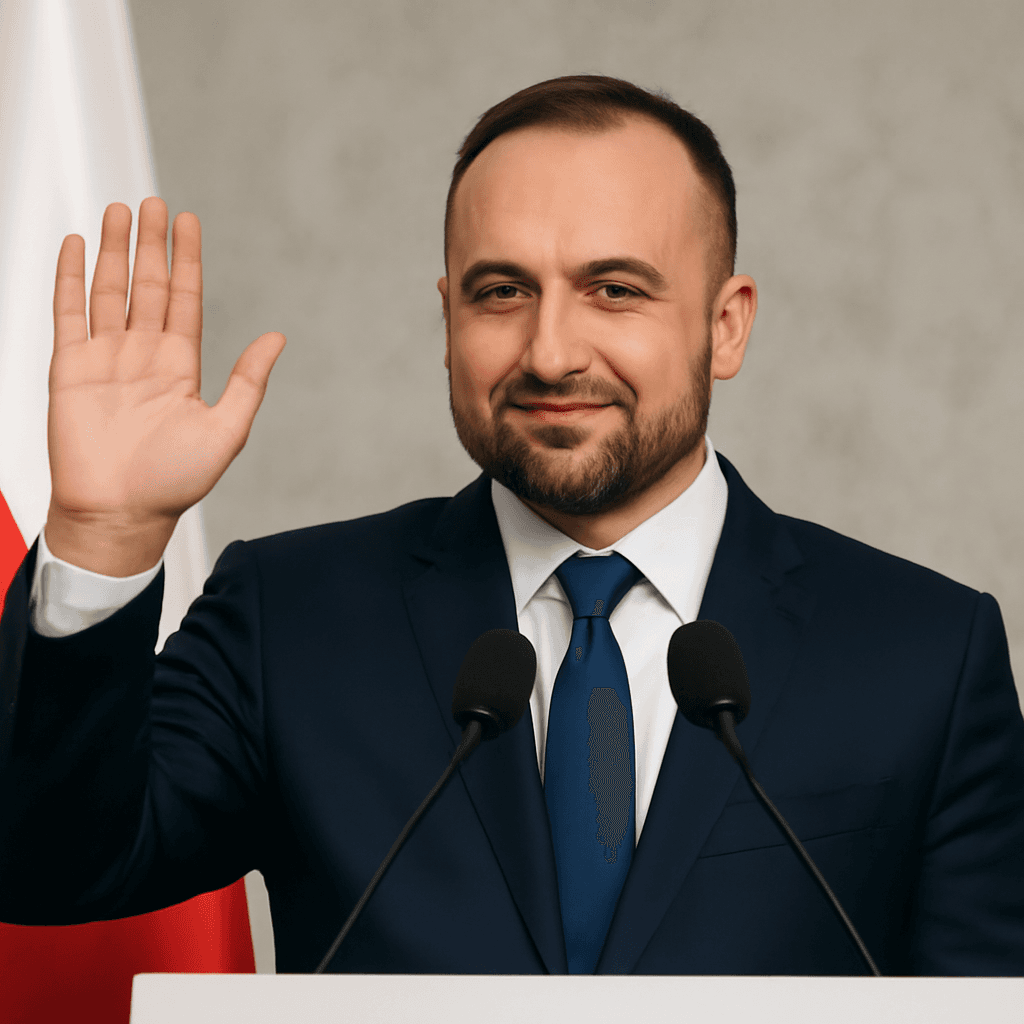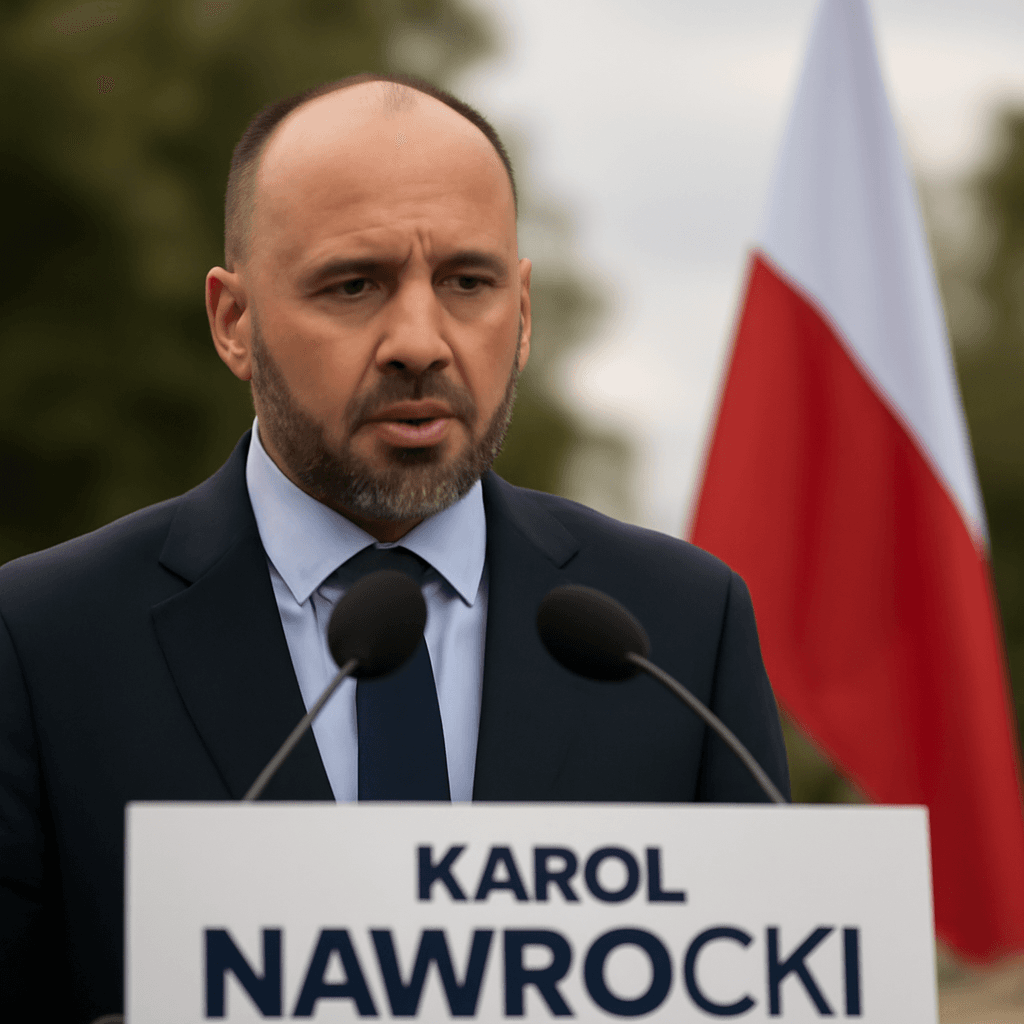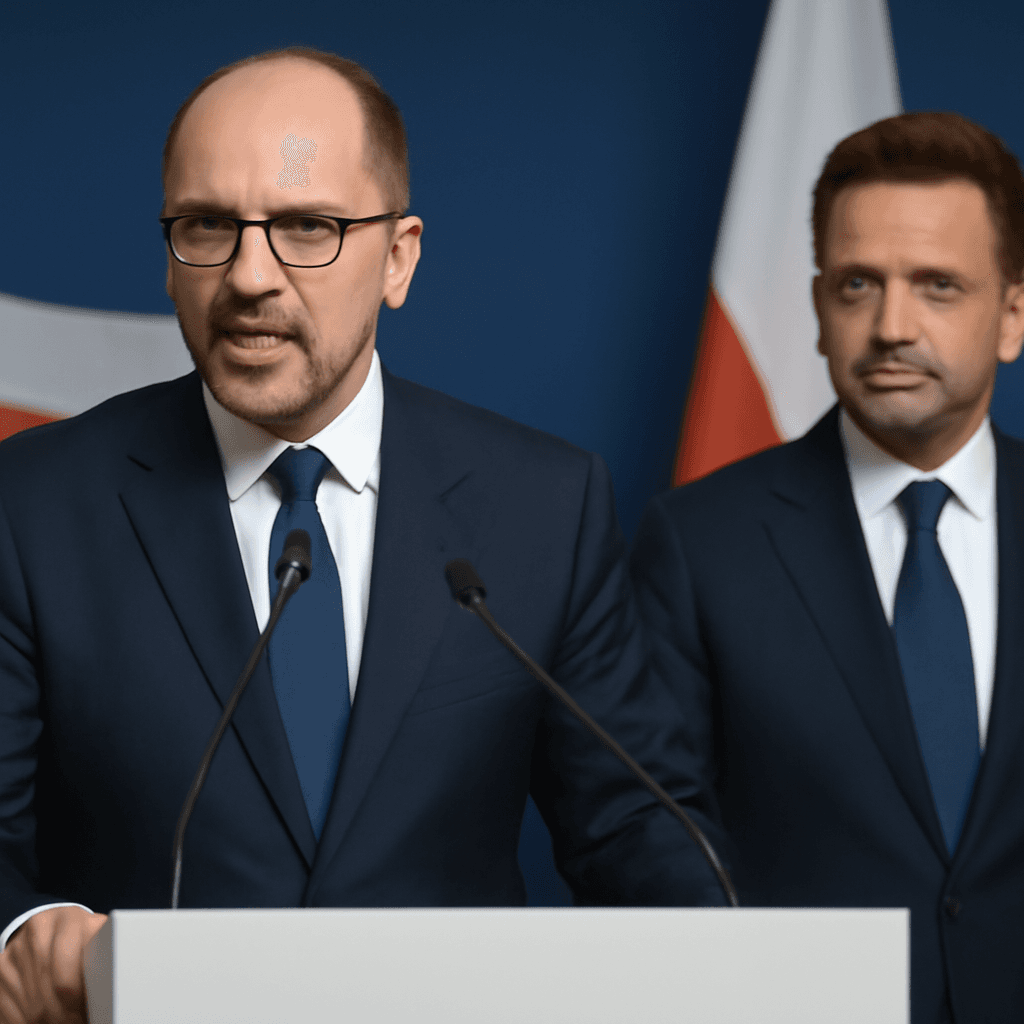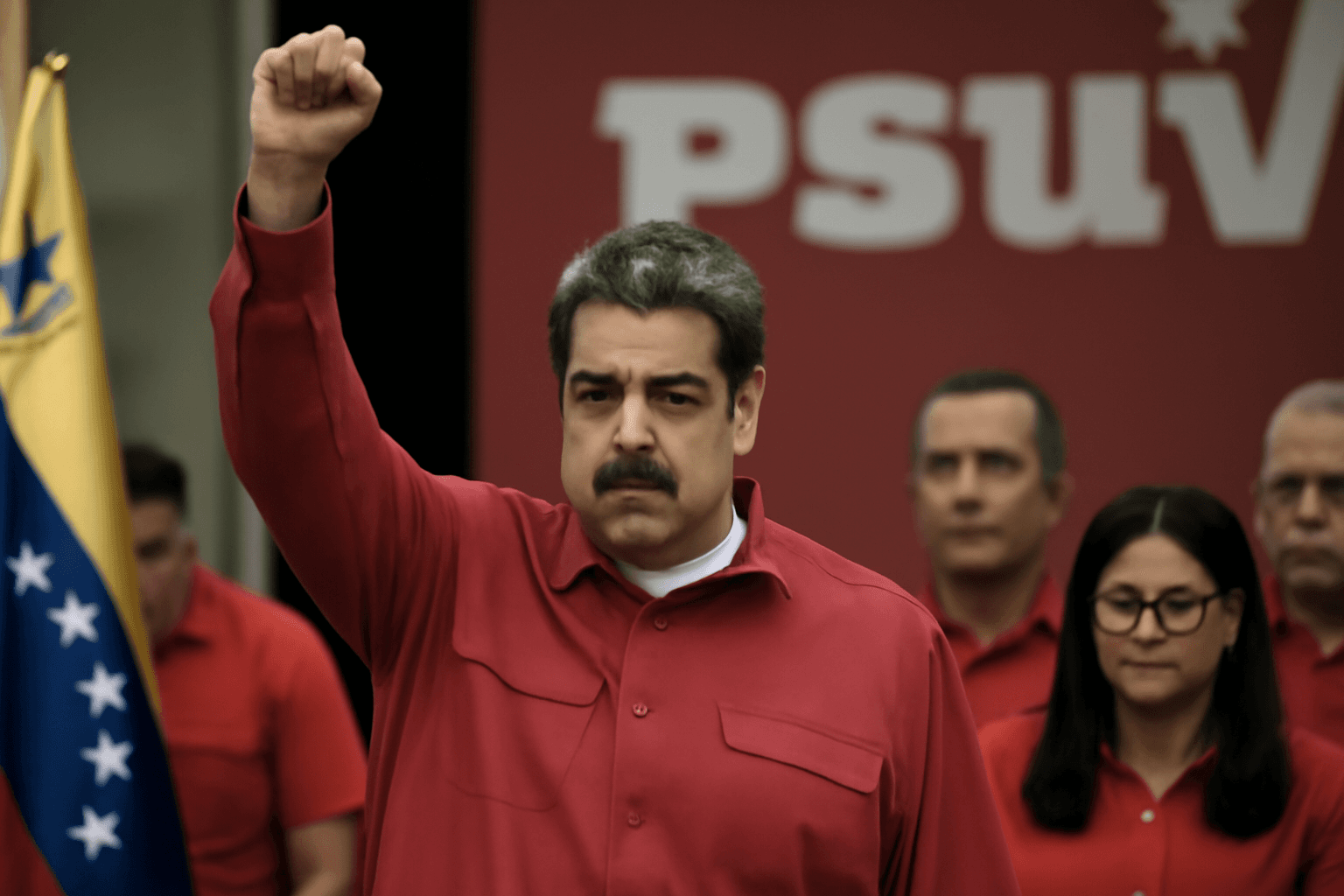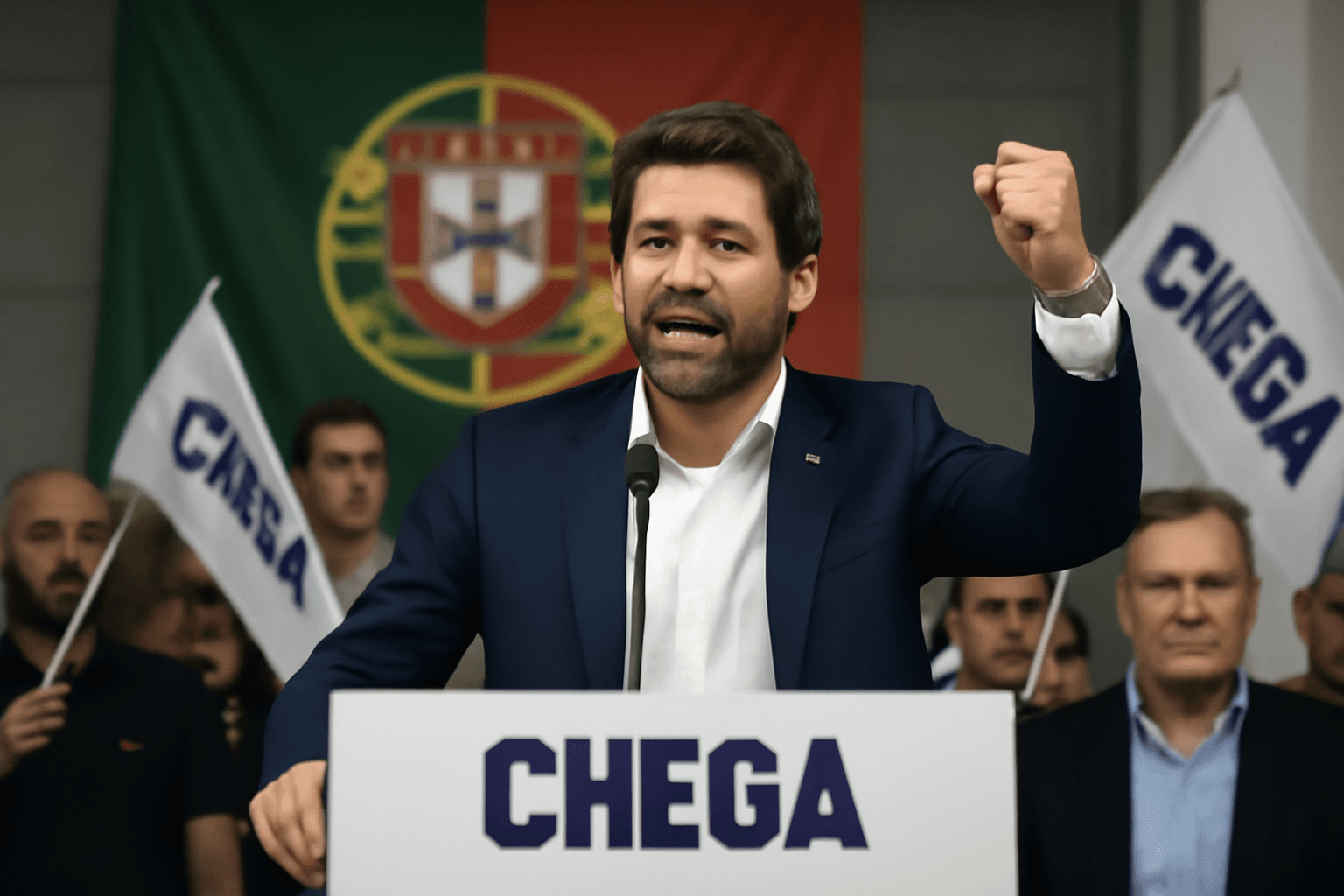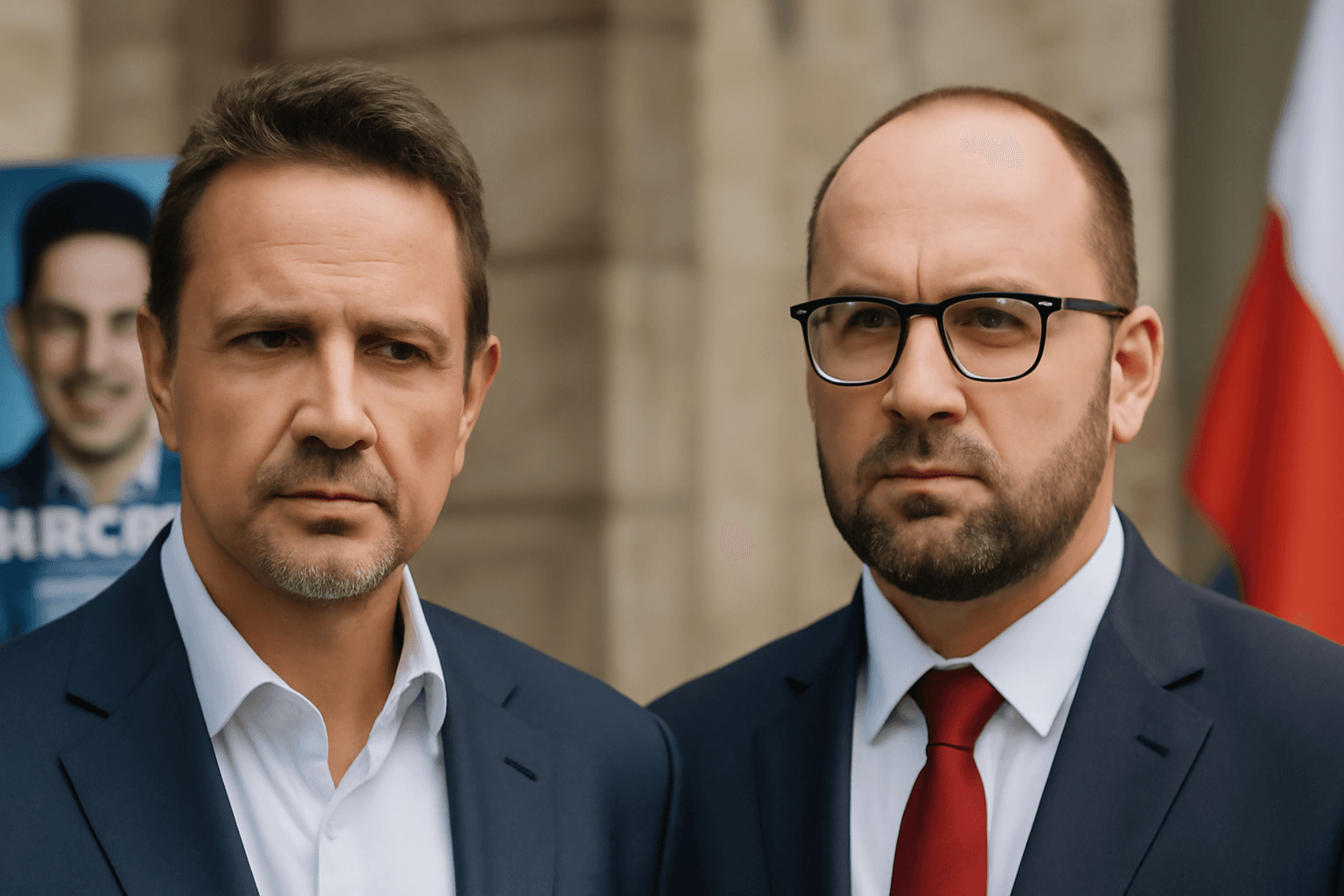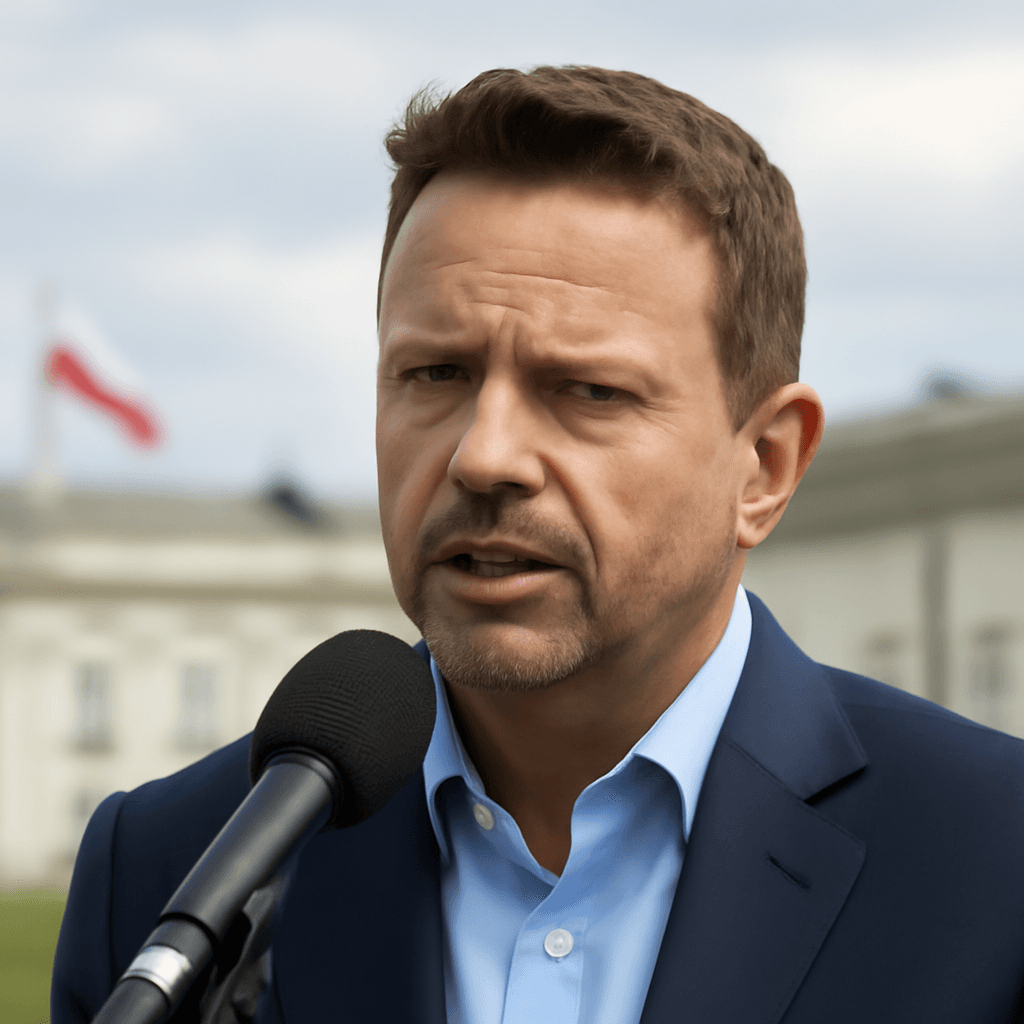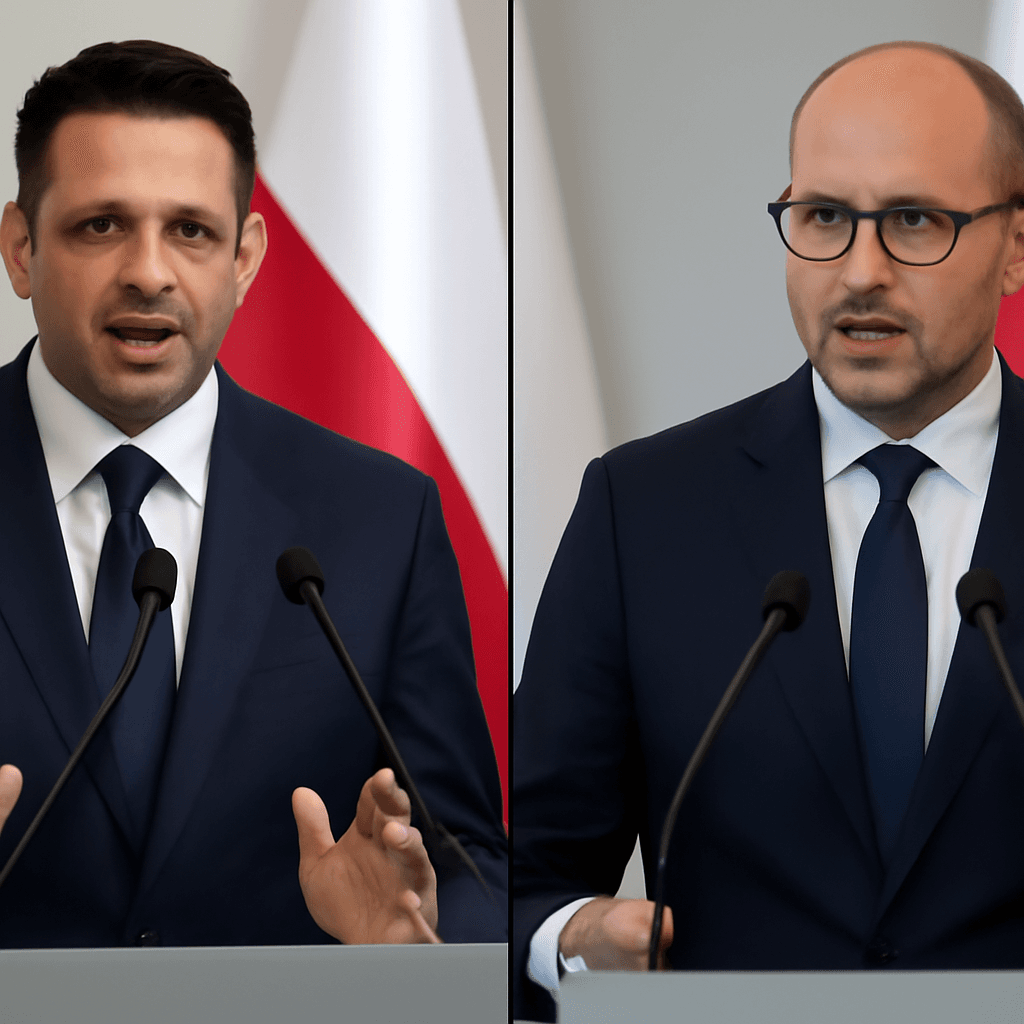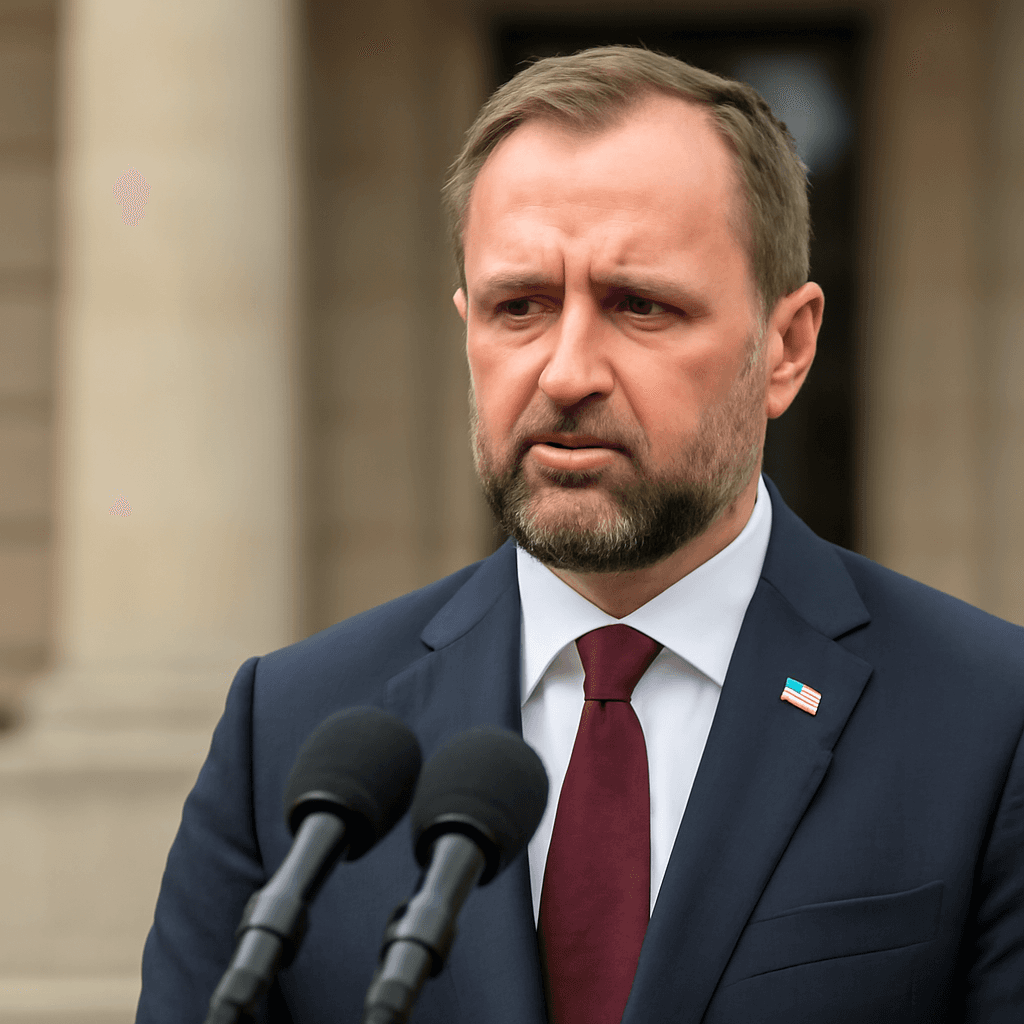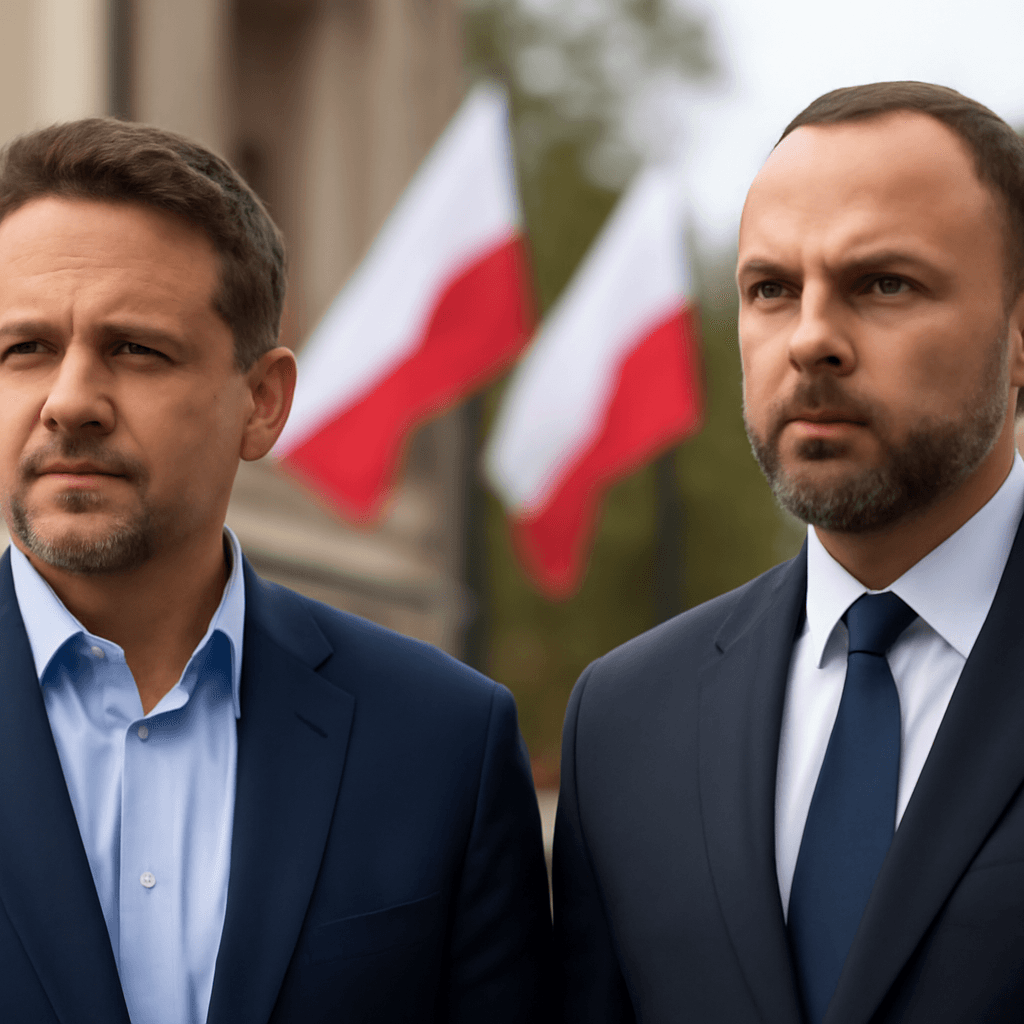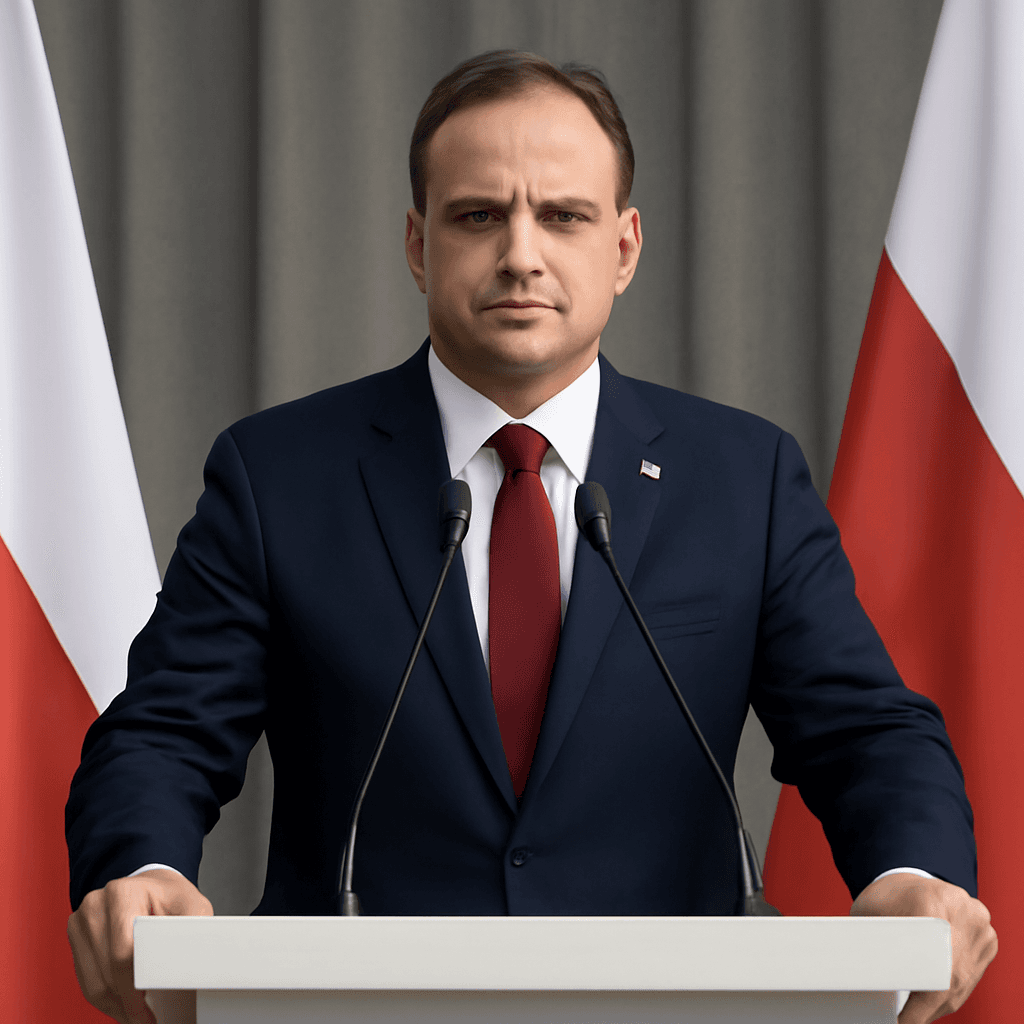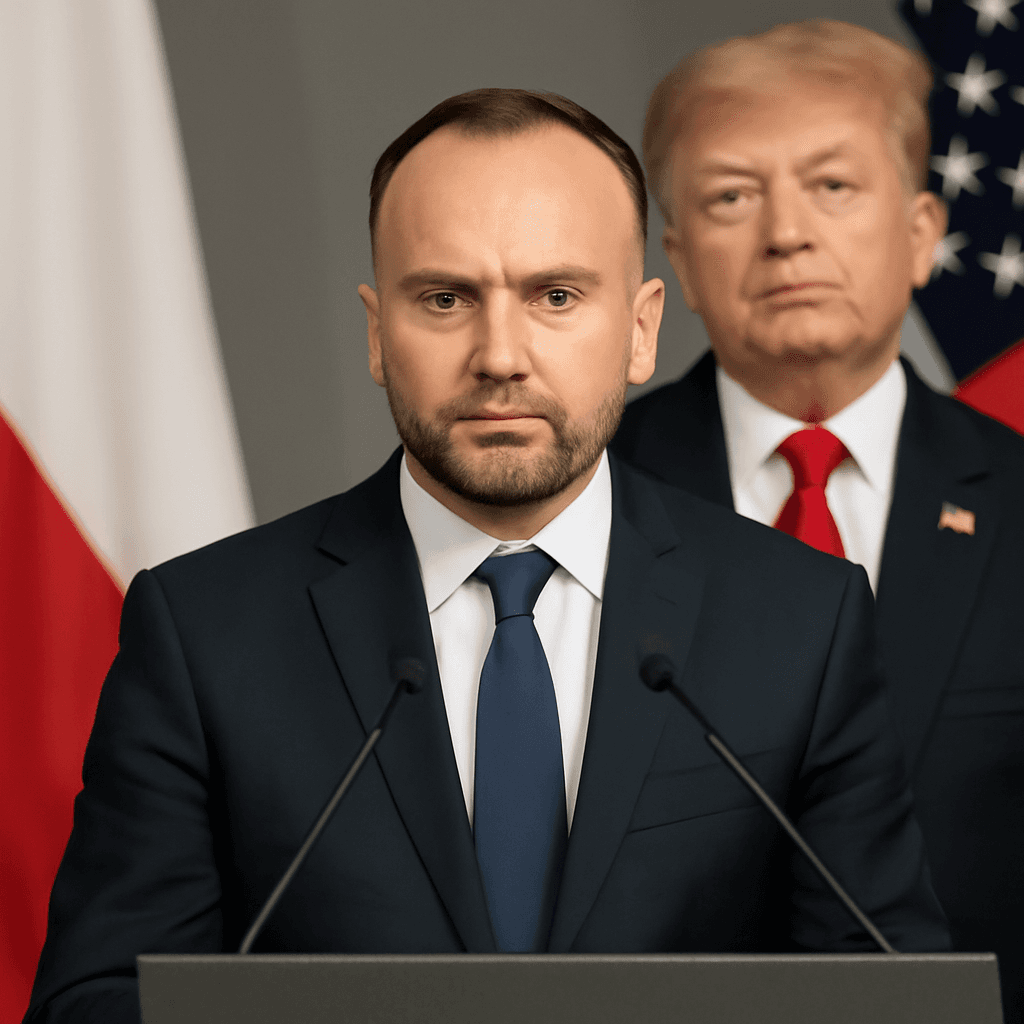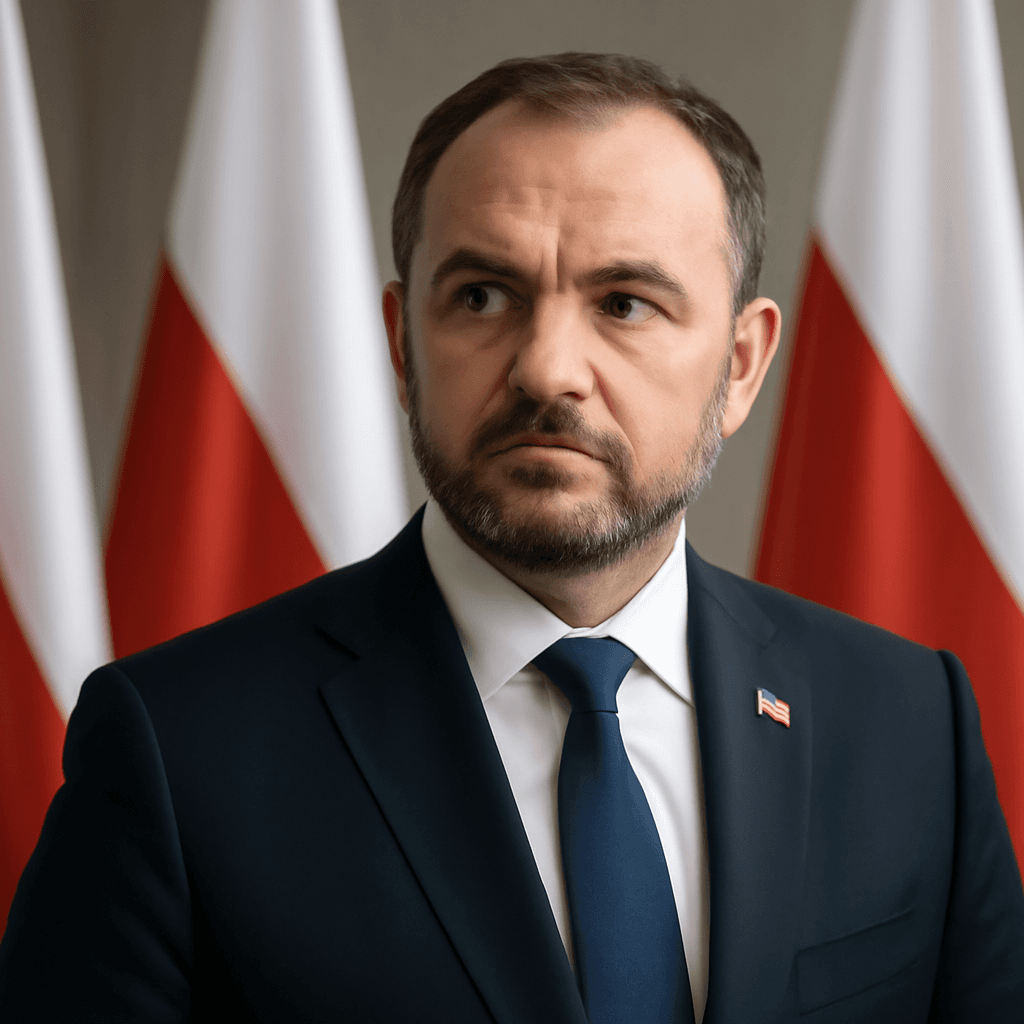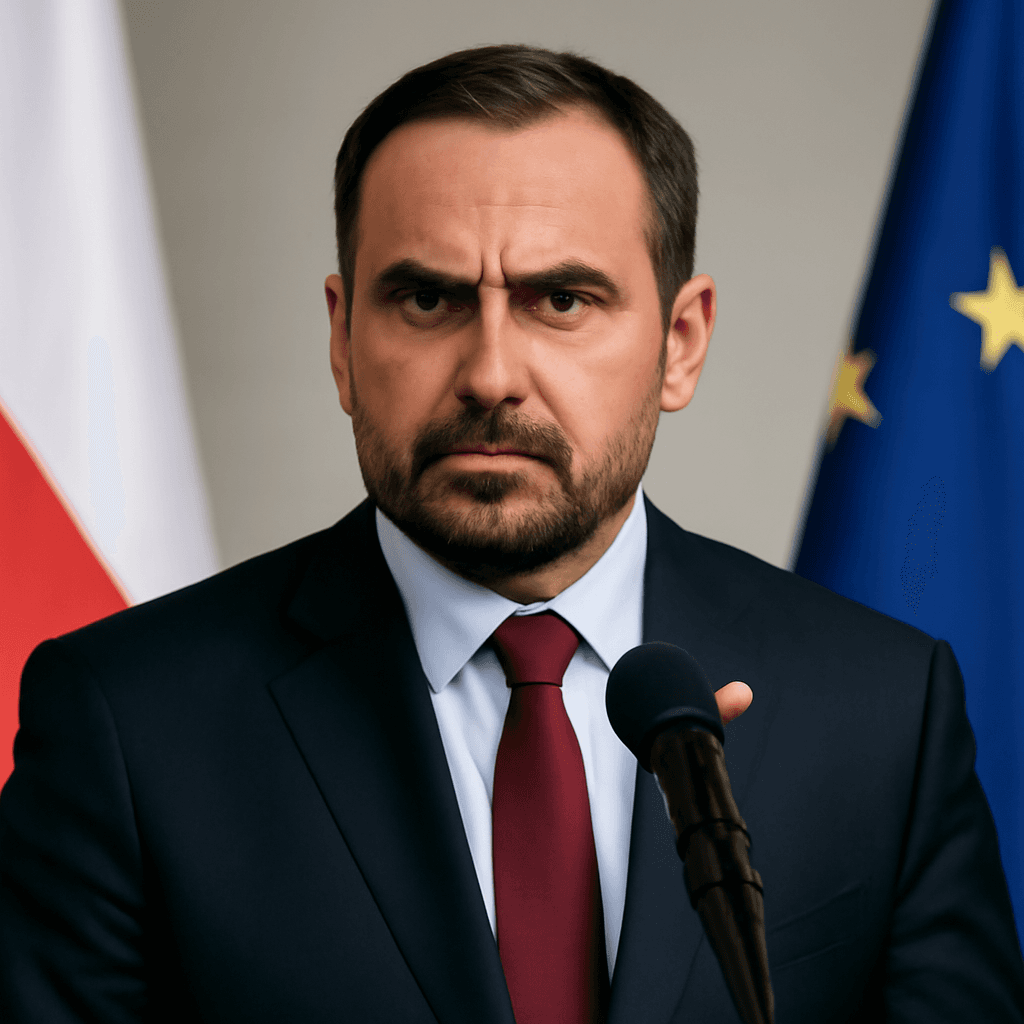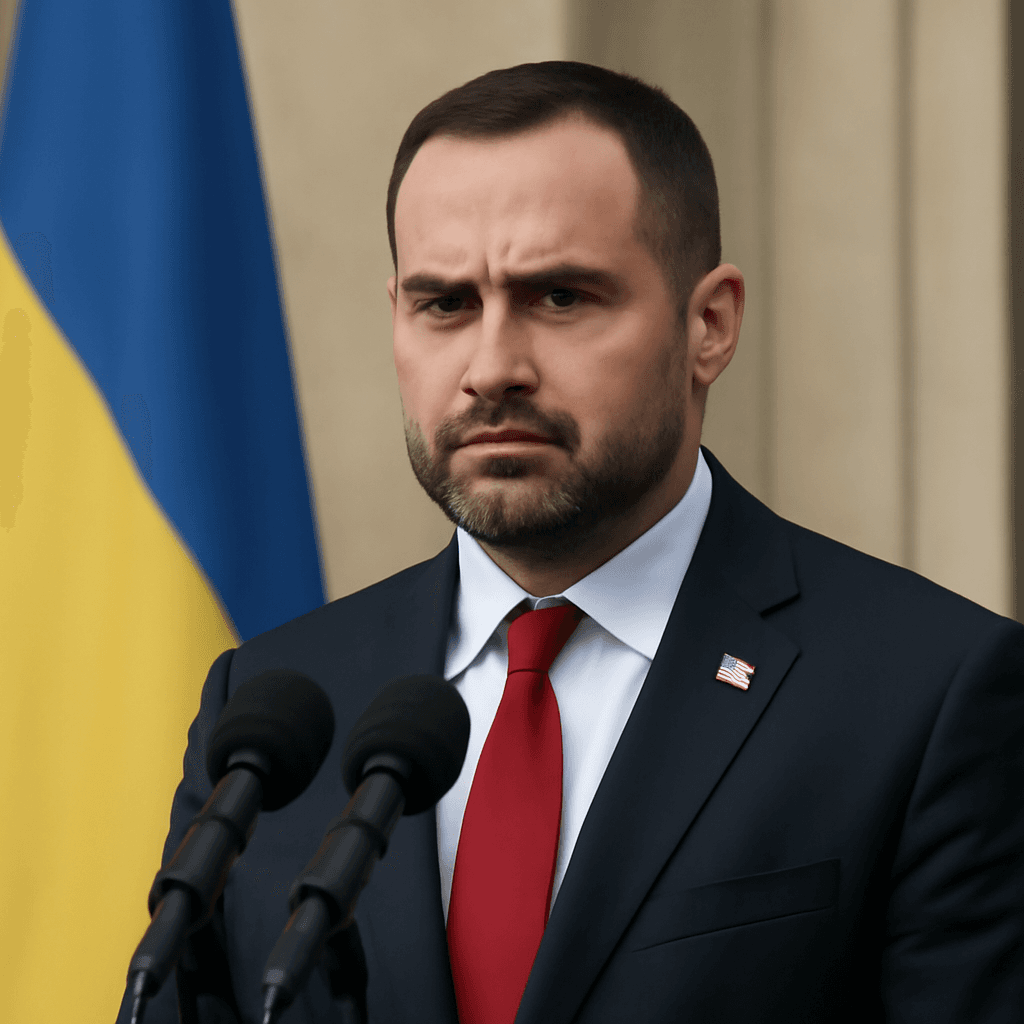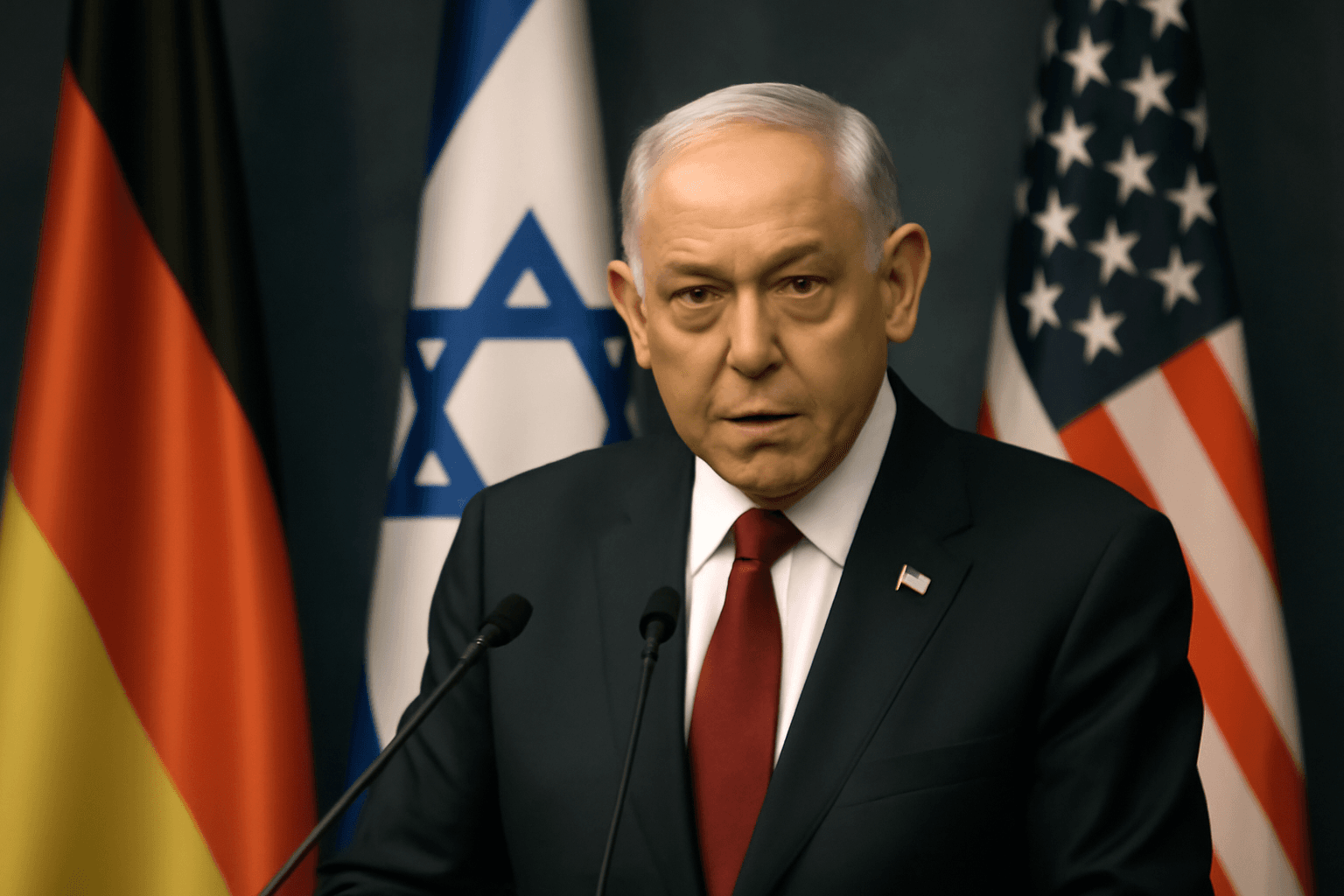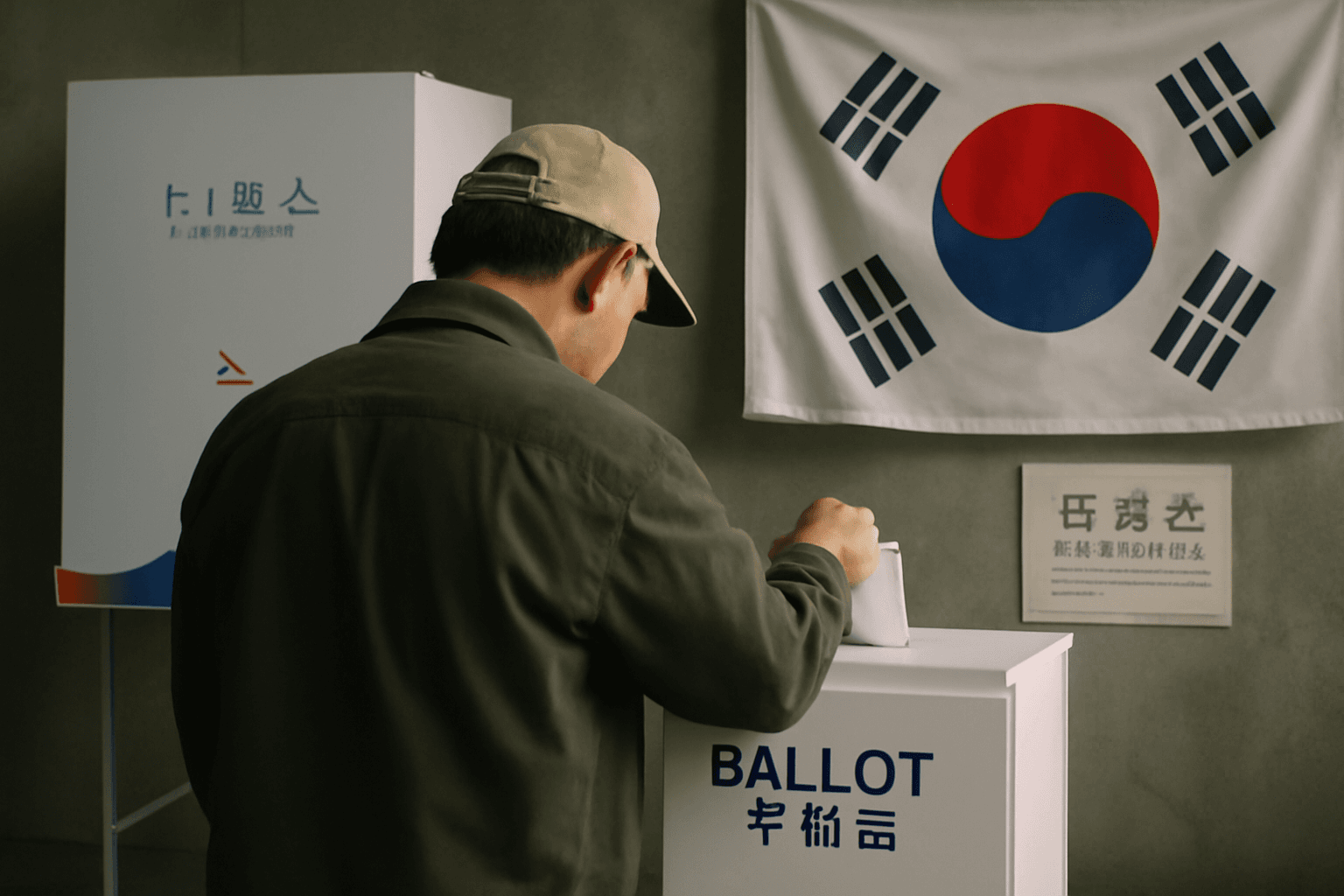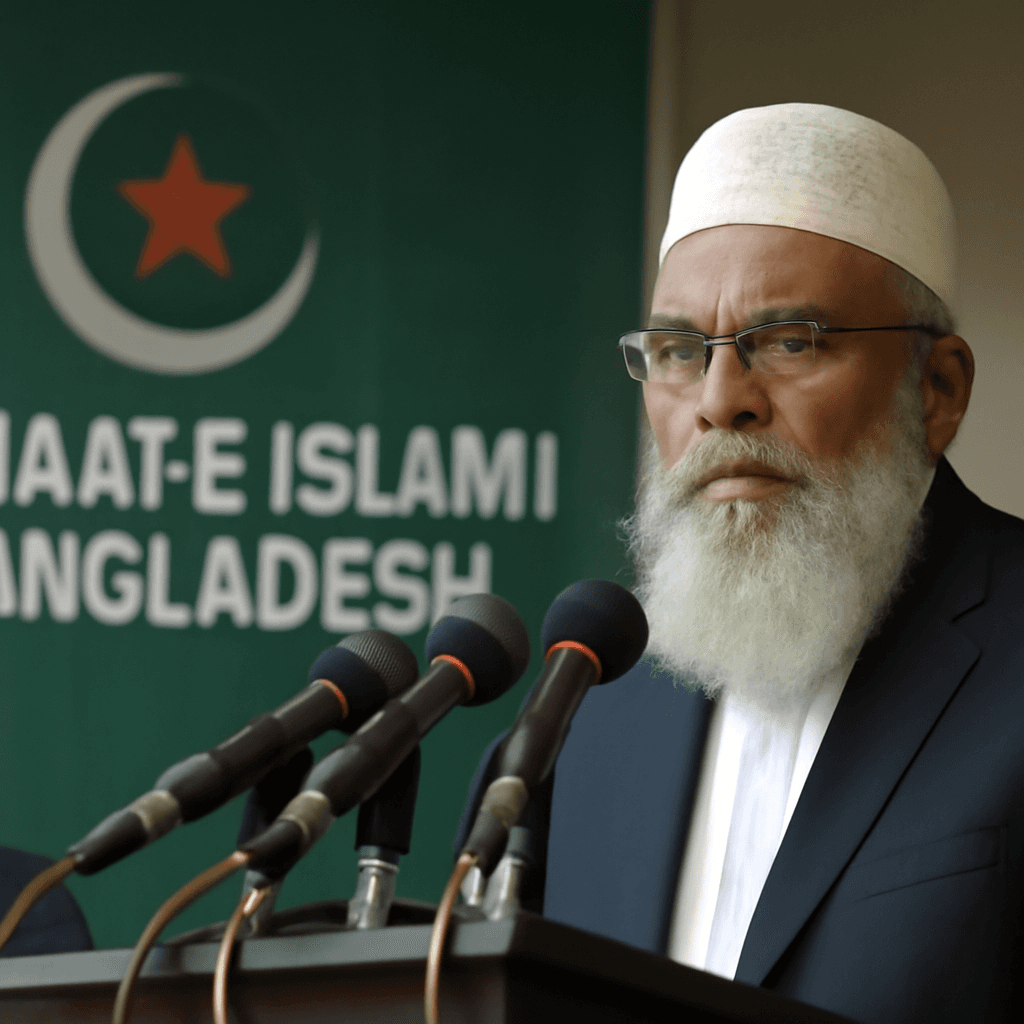Poland Elects Karol Nawrocki as New President
Karol Nawrocki, a right-wing eurosceptic historian and former head of Poland's National Remembrance Institute, has triumphed in the country's presidential election, securing 50.89% of the vote in the runoff held earlier this week. His victory marks a setback for the pro-European reform agenda represented by his opponent, Warsaw mayor Rafal Trzaskowski, who garnered 49.11% of the votes.
Campaign and Political Stance
Nawrocki, aged 42, campaigned on a platform prioritizing economic and social policies that favor Polish citizens over other nationalities, notably addressing concerns regarding refugees from neighboring Ukraine. His campaign emphasized nationalist themes and skepticism toward European Union integration.
Despite controversy in the closing days of the campaign—including scrutiny over his acquisition of property and admissions related to orchestrated conflicts—Nawrocki's message resonated with a large voter base.
Implications for Poland’s Governance
While the Polish parliament holds primary legislative authority, the presidency holds significant influence due to its power to veto legislation. Nawrocki's victory, supported by the Law and Justice party (PiS), suggests continuity with the policies of outgoing President Andrzej Duda, who backed conservative values and resisted liberal reforms, particularly regarding abortion and judicial changes.
Election Turnout and International Attention
Voter turnout was notably high at 71.31%, a record for the second round of Poland’s presidential elections. Andrzej Duda expressed gratitude on social media for voter participation and congratulated Nawrocki on his win.
The election outcome has drawn close attention not only within the country but also from Ukraine, Russia, the United States, and the European Union, reflecting Poland's strategic geopolitical position.
Looking Ahead
Nawrocki's presidency is expected to maintain a nationalist approach with cautious engagement toward European integration. Observers anticipate that his administration will uphold conservative social policies and continue to challenge liberal reforms proposed by the current government.

